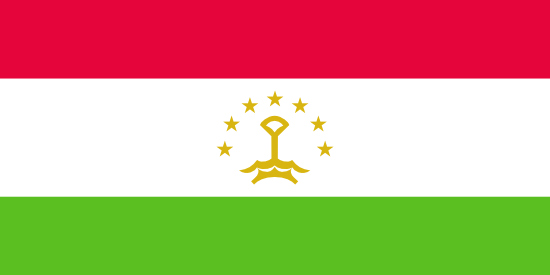
Health Insurance in Tajikistan, Asia
Information expatriation
Capital City: Dushanbe
Total area: 143,100 km2
Population: 6,736,000
Money: Currency Converter
Time Zone: List of time zones by country
Calling Code:+992 XXX
Practical Information:
Health Product: Travel Insurance and Health insurance
Health Insurance information and Sanitary Risk: World Health Map
BLOG: Expat Health insurance Information
Here is a brief description of the healthcare system in the country:
· Tajikistan has a universal healthcare system based on compulsory medical insurance for the population.
· However, it is underfunded and faces significant challenges in infrastructure, medical supplies, and workforce shortages.
· Services are provided through primary care polyclinics, regional hospitals, and specialized republican hospitals.
· Major issues include low quality of care, lack of access in remote rural areas, and inequalities between urban/rural regions.
· Out-of-pocket payments continue to make up a substantial portion of healthcare expenditure.
· Communicable diseases like TB remain a challenge as does the growing burden of non-communicable conditions.
· Shortages of medical professionals require many to seek care abroad or through humanitarian organizations.
· International donors play a large role in supporting the sector through aid programs and capacity building.
· Reforms aim to make insurance mandatory, improve primary care access, strengthen public health programs.
· However, political and economic instability hinder development of a sustainable healthcare system.
· Overall quality and access to care varies greatly based on location and ability to pay costs privately.
Here are some key health considerations for expatriates living in the country:
· Purchase international medical evacuation insurance due to inadequate local emergency response capabilities.
· Bring needed prescription medications as chronic supplies may be unreliable or unavailable.
· Ensure vaccinations are fully up to date, especially for hepatitis A/B, typhoid, meningococcal meningitis.
· Only drink bottled/treated water and thoroughly cook all foods to prevent illness.
· Access to facilities depends on location - urban areas have more resources than rural.
· Quality may be low even in cities - seek care at major hospitals if possible.
· Carry contact details for your embassy at all times in case of emergencies.
· Medical tourism to countries like Russia or Kazakhstan is common for complex care needs.
· Pollution and weather changes can impact health - seek help promptly if issues arise.
· Risks include outbreaks, natural disasters - have an evacuation plan in place.
· Register with local clinics for primary care and referrals to specialist care if required.
